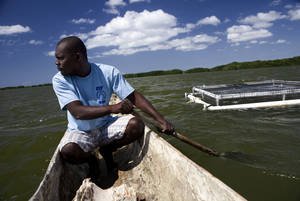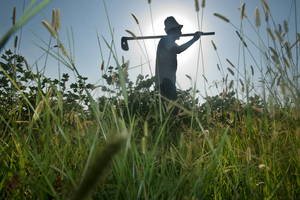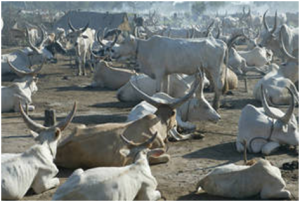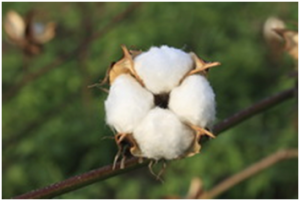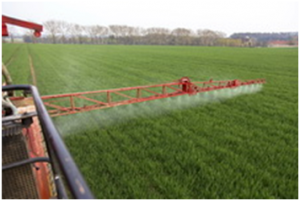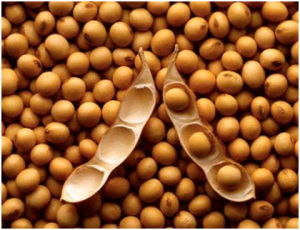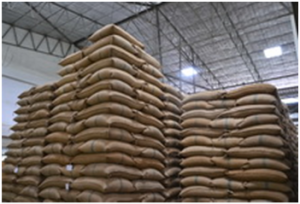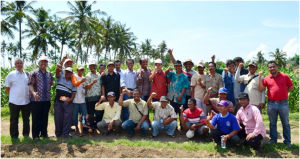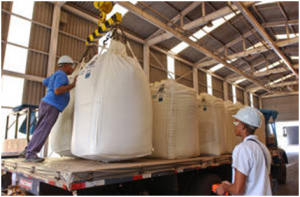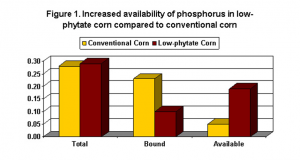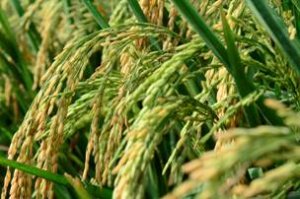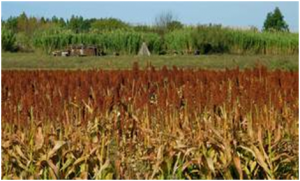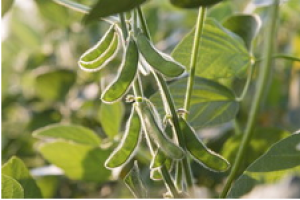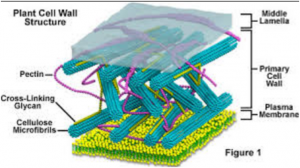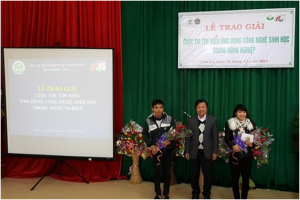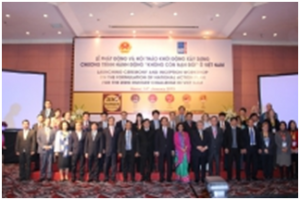|
7th Asian Short Course on Agribiotechnology, Biosafety Regulation, and Communication (ASCA7)
Saturday, 2024/06/01 | 06:00:25
|
|
ISAAA May 29, 2024
ISAAA Inc. and the Malaysian Biotechnology Information Centre (MABIC) are pleased to announce the 7th Asian Short Course on Agribiotechnology, Biosafety Regulation, and Communication (ASCA7). This intensive 5-day training program will be held at Maruay Garden Hotel, Bangkok, Thailand, on September 2-6, 2024.
ASCA7 targets to equip Asian scientists, regulators, and other stakeholders with the knowledge and skills to navigate the complexities of agri-biotech. The program focuses on three key areas: agri-biotech applications, policy environment, and biotech communication. This comprehensive approach empowers participants to contribute towards implementation of science-based regulations that support the commercialization and trade of agri-biotech products.
This year's ASCA7 is co-organized with the Department of Agriculture of Thailand and the Biotechnology Alliance Association.
Learning themes:
Benefits of attending ASCA7:
Since the inception of ASCA in 2018, ISAAA and MABIC have successfully trained over 200 key biotech players in Asia, mostly scientists, regulators, communicators, and private sector representatives. The program aims to fosters collaboration between key stakeholders, helping ensure that science and regulations move forward together, maximizing the benefits of modern biotechnology for society while minimizing potential risks.
Interested participants are invited to sign up at bit.ly/ASCA7preregister. For partnership inquiries, contact meetings@isaaa.org. |
|
|
|
[ Other News ]___________________________________________________
|


 Curently online :
Curently online :
 Total visitors :
Total visitors :
